Portland’s Postcard Bookshop Is a Bookstore for Travelers
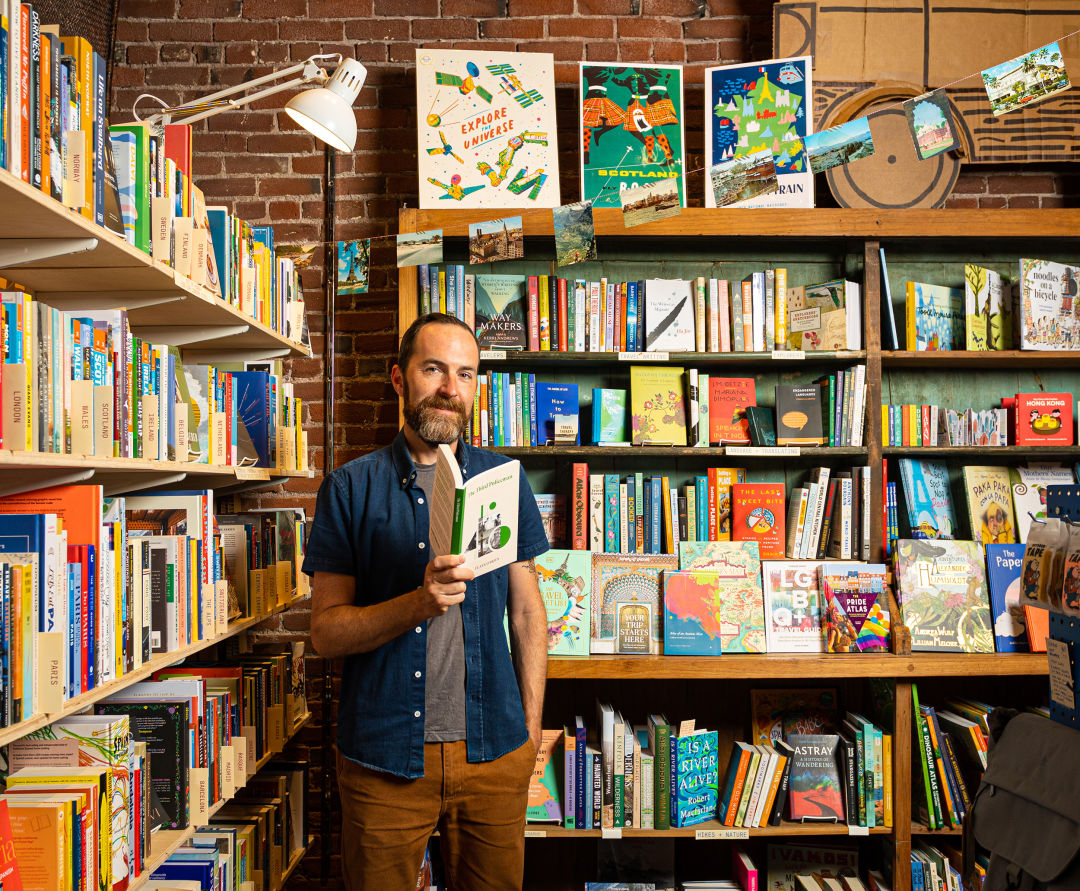
Patrick Leonard, owner of Postcard Bookshop, with Irish writer Flann O’Brien’s The Third Policeman.
As a kid, Patrick Leonard loved any book that had a map in it. An early favorite was Dinotopia: A Land Apart from Time, the illustrated children’s book about an isolated island where humans and dinosaurs live in harmony. Then came Redwall, a swashbuckling fantasy series about a young mouse, then the Lord of the Rings series. And a few decades later: Postcard Bookshop, a 300-square-foot travel bookstore tucked inside Central Eastside emporium Cargo, where Leonard is the one guiding readers to faraway lands. A librarian’s son who spent eight years as a buyer at specialty grocer Providore, he opened the store in fall 2024, stringing it with vintage postcards and organizing the books geographically. Steer yourself to Turkey, and you’ll find a Lonely Planet guidebook next to a couple of cookbooks next to titles by Nobel Prize winner Orhan Pamuk. The arrangement invites stumbles that spark curiosity, much in the way travel does.
In the summer, Leonard launched a quarterly book club, selecting a country (Mexico) and offering several reading options, both fiction and nonfiction. Portugal is up in September, and after that might come Japan, which Leonard will visit for the first time this fall with his wife and 7-year-old daughter. “She’s a good traveler,” Leonard says. “But I also just think she’s gonna lose her mind over everything having a mascot.”
My parents are both really outdoors-focused, so we did road trips across the country to go to national parks. I remember being so mad as a kid that my friends were taking, like, beach vacations, and I was going to national parks. It was a low-key, affordable thing to do. Now I see these photos of Angels Landing in Zion and it’s just a line of people going up.
International travel came in my adult life. The first trip abroad by my own choice was China. It was inspired by reading River Town by Peter Hessler, his really wonderful memoir of teaching in the Peace Corps and the upper Yangtze in Sichuan province in the late ’90s. [It] sparked a fascination with that country for me.
Getting to work at Providore was incredible. The way people come into that store is, like: I’m about to go on a trip and I want to have that food before I go. Or they’re coming back from somewhere and want to recreate a recipe they had. And other times, especially throughout the pandemic, people would be like, My friend just canceled a trip to France, but I want to recreate it for them. It got me thinking about the way people travel vicariously.
Niche bookstores are a bright spot in the industry—the romance bookstore, the science fiction bookstore, the murder mystery bookstore. They can have an expertise and cultivate a community of like-minded people. I wasn’t somebody who wanted to help people find 30-minute weeknight recipes. I want to talk about, like, why does banh mi exist?
Portland’s a good literary city, so it should not have been any surprise to me that people really embraced the international translated fiction. I expected the practical guidebooks would be the bestsellers. And the thing that people go to is actually the book they haven’t seen somewhere else.
It’s fun when someone comes in from another country. I’ll be chatting with them, and they’re like, I’m from Argentina. It’s like, what am I missing? Who’s the author you read in high school? Who’s the person everybody should be reading, or what’s the book by that person?
There’s this huge genre right now of healing fiction in Japan. All the books are set in very mundane locations, like a coffee shop, a library, a laundromat. They often have a touch of whimsy or magic to them, and they’re usually about people processing regrets and grief—but not big things, kind of like everyday ones—and having some sort of catharsis. A lot of times they’re not super resolved. Like, maybe someone loses their boyfriend and loses their job and then moves in with their uncle who owns a bookstore. By the end, if it was written in America, that person would have found a better boyfriend and had a better job. In this, she just, kind of, doesn’t—but is happier, and finds a community.
I grew up reading a lot of foreigner-abroad travel writing and really loving it, but a lot of that has not aged well. From the get-go, it was always the intention that this [shop] would foreground local voices, which can mean a lot of things. [The Paris shelf] has a couple great Paris novels, but also a Moroccan author, a Vietnamese author, an Angolan author.
I’m struck when I come across one of those [traveler-abroad] authors who has aged somewhat well. I recently read Full Tilt by Dervla Murphy. She would be a wonderful travel companion. She’s definitely a product of the era, writing as a white Irish woman in the ’60s in Central Asia and India, but at the same time so warm and understanding of difference and very tolerant of other cultures—very open to taking them on their terms.
It’s a cool moment for translation. It’s still such a small fraction of the American book market, but there’s been new attention given to it, especially with the success of the Elena Ferrante novels. There’s been a big effort to put translators’ names on the covers and bill them as coauthors.
You know that question of, like, if you could have any superpower? I think mine would be getting to speak any language.
Share this content:


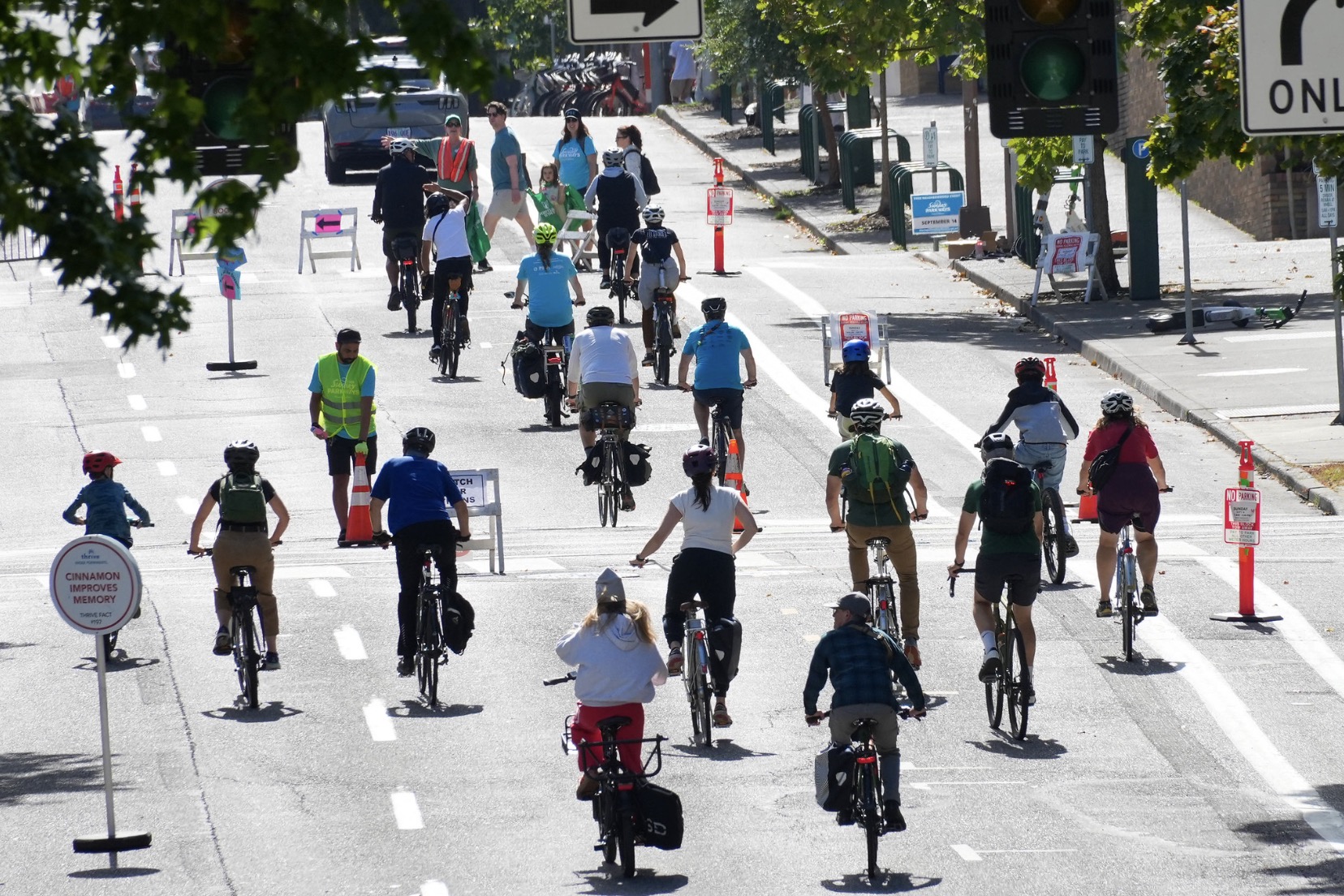
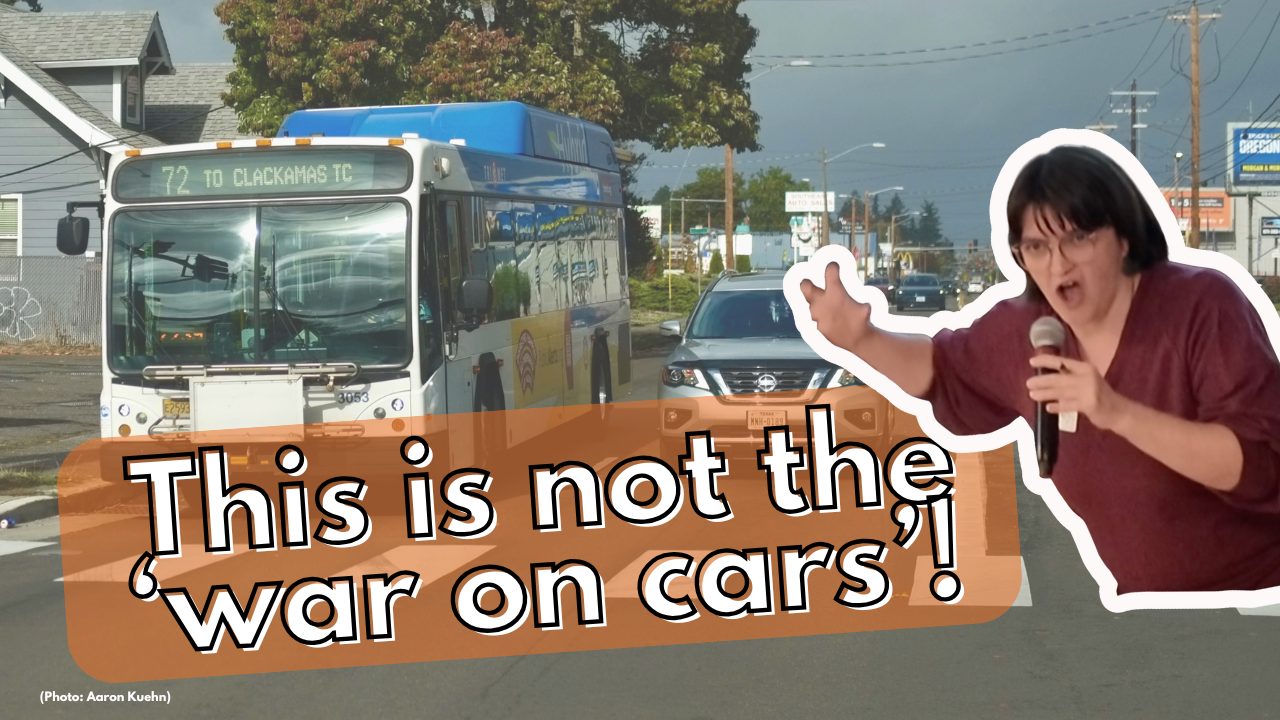
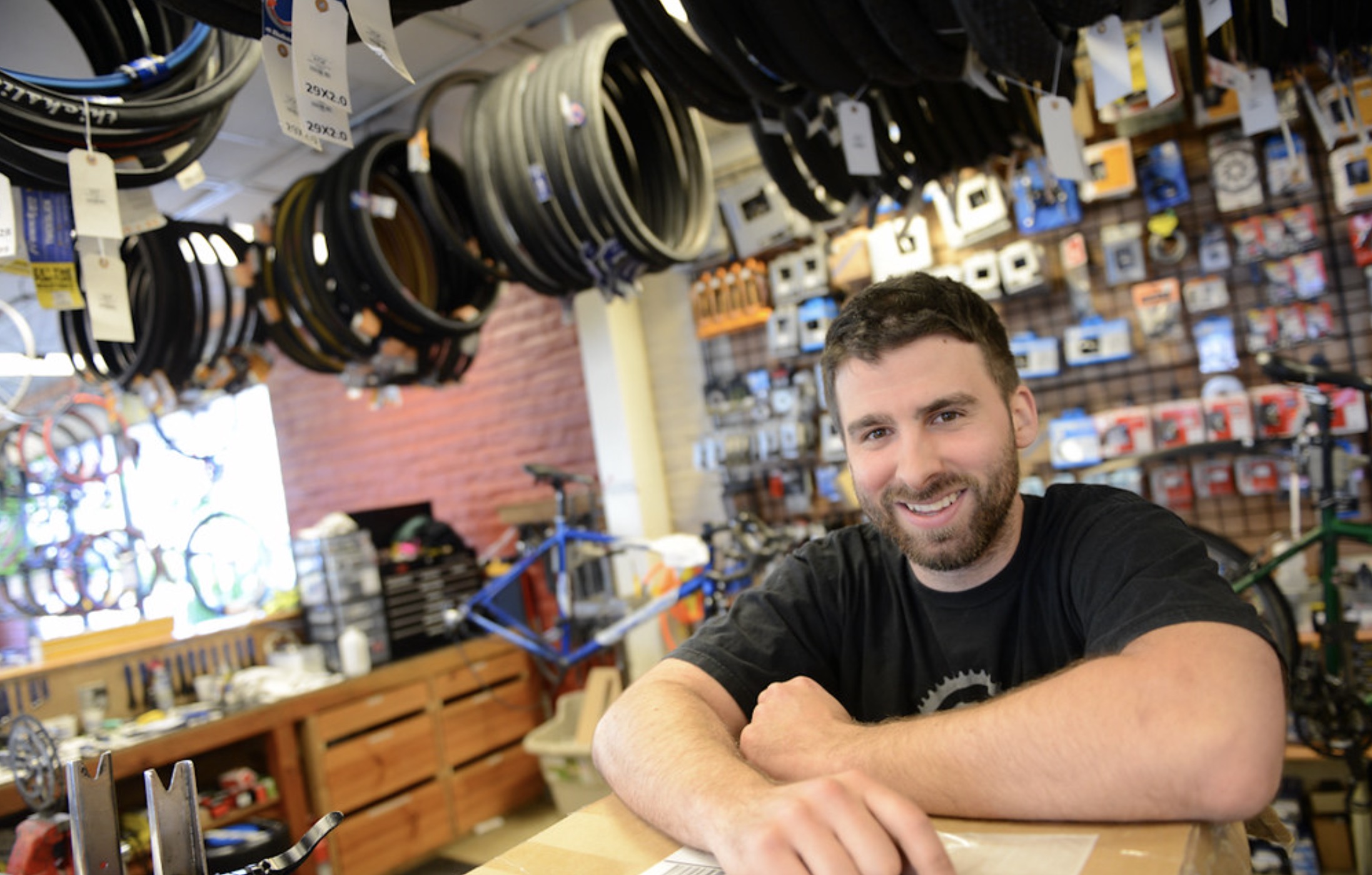


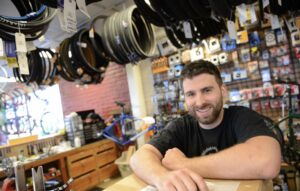





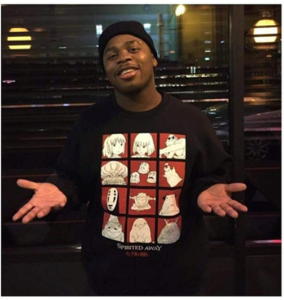

Post Comment